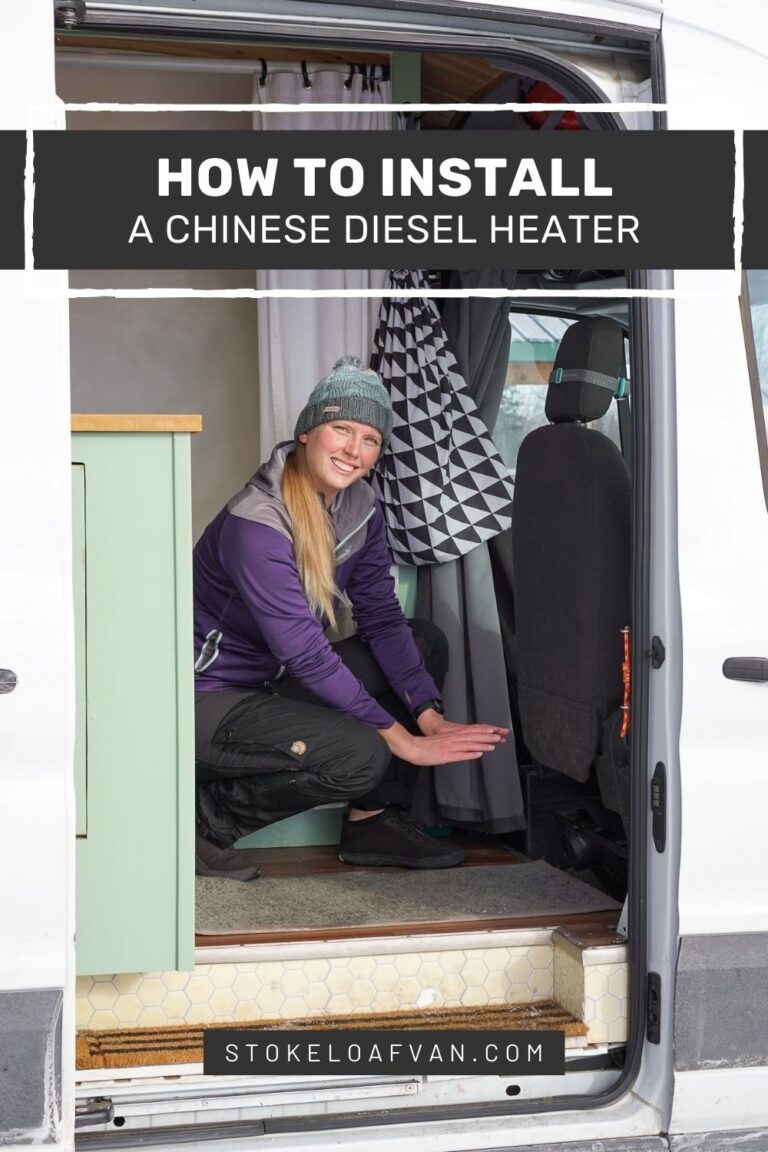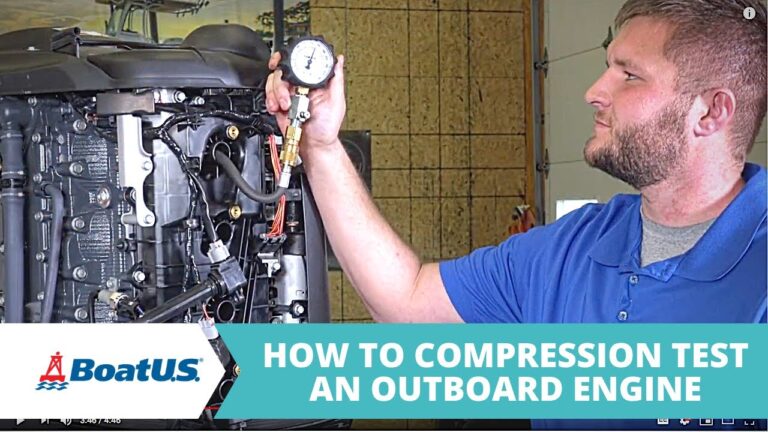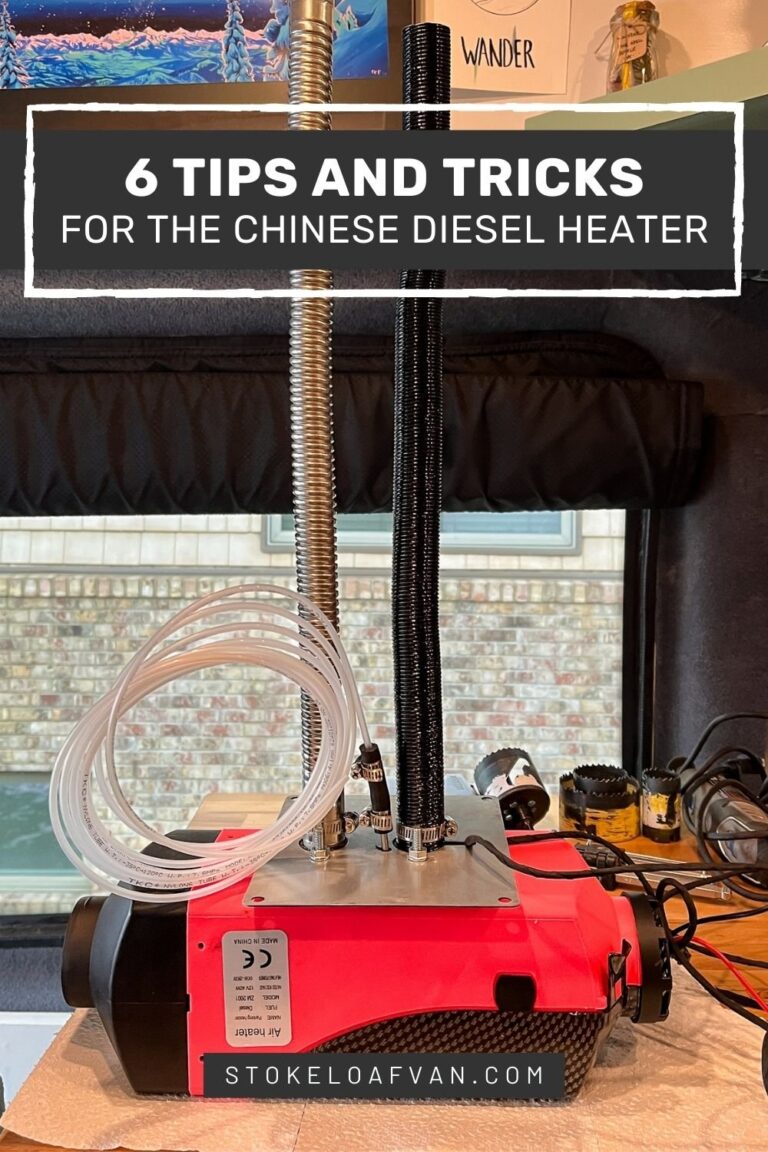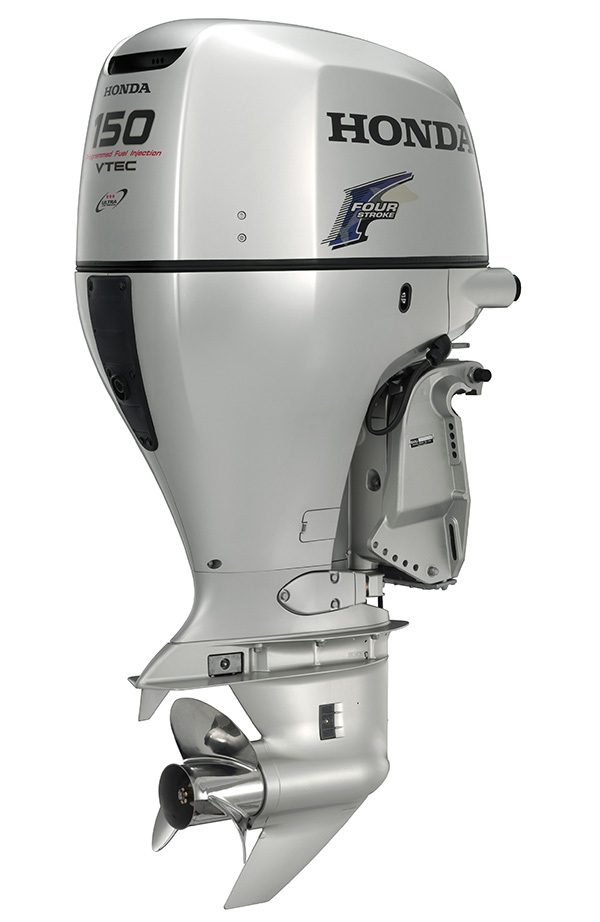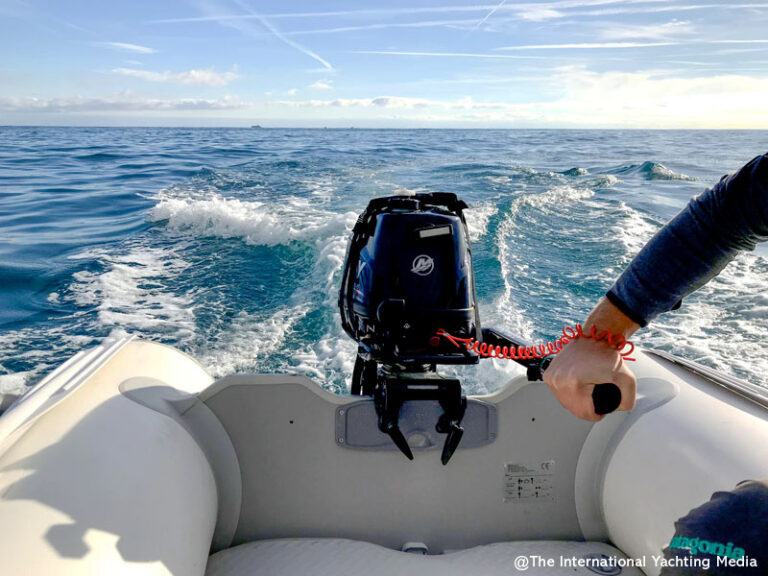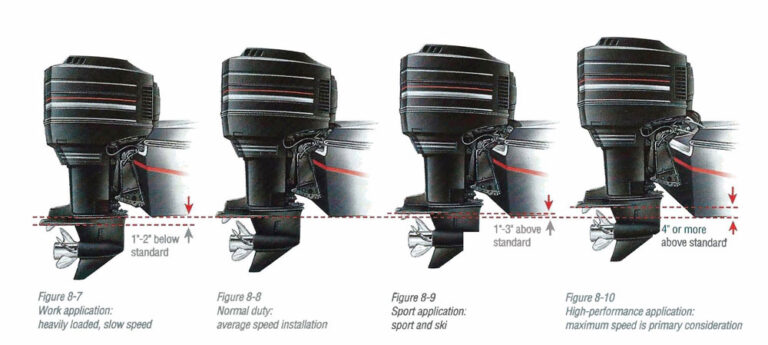Do Diesel Heaters Produce Carbon Monoxide
Diesel heaters can produce carbon monoxide, so it is important to have proper ventilation and carbon monoxide detectors installed when using them indoors. Caravans, boats, and camping areas are also at risk and should have safety measures in place.
While diesel heaters are generally considered safer than gasoline engines, precautions should still be taken to prevent the risk of carbon monoxide poisoning.
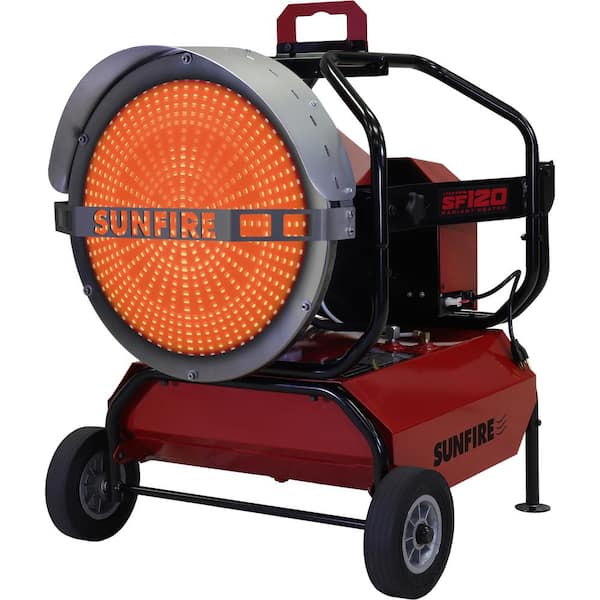
Credit: www.homedepot.com
How Does A Diesel Heater Work?
Diesel heaters, like gas heaters, produce carbon monoxide. However, there are a few differences between the two. Diesel heaters work by using a combustion chamber to burn diesel fuel and generate heat. The combustion process creates carbon monoxide as a byproduct.
Gas heaters, on the other hand, burn natural gas or propane, which also produces carbon monoxide. Both types of heaters require proper ventilation to prevent carbon monoxide buildup in indoor spaces. It’s important to install carbon monoxide detectors near diesel heaters and gas cookers to ensure safety.
This is especially crucial in environments like caravans, boats, and camping areas where the risk of carbon monoxide poisoning is higher. Always prioritize safety by following proper installation guidelines and ensuring adequate ventilation when using diesel heaters.
Safety Precautions For Using A Diesel Heater Indoors
Diesel heaters, like any combustion appliance, have the potential to produce carbon monoxide. Therefore, it is crucial to take safety precautions when using a diesel heater indoors. The proper installation of the heater is of utmost importance to ensure ventilation requirements are met.
Adequate ventilation helps prevent carbon monoxide poisoning. It is recommended to fit a carbon monoxide alarm in the same room as the heater to mitigate any potential risks. This is especially important in caravans, boats, and camping settings where combustion appliances are frequently used.
While diesel heaters are generally considered safe for indoor use due to their lower carbon monoxide emissions compared to gasoline engines, it is essential to follow safety guidelines and ensure proper installation for the well-being of everyone in the vicinity.
Do Diesel Heaters Require Carbon Monoxide Detectors?
Diesel heaters pose certain risks when used in caravans, boats, and during camping activities. That’s why it is necessary to install carbon monoxide detectors in the same room as the combustion appliance. This is especially important for caravans and boats as they have a higher likelihood of using these heaters.
Additionally, when camping, the use of campfires and barbecues can also increase the risk of carbon monoxide exposure. To ensure safety, it is crucial to fit a carbon monoxide alarm with any diesel heater or gas cooker. While diesel heaters are generally considered safer for indoor use compared to gasoline engines, proper installation and ventilation are still essential to prevent any potential dangers.
So, whether it’s in a caravan, boat, or during camping trips, proper safety measures should always be taken when using diesel heaters.
Frequently Asked Questions On Do Diesel Heaters Produce Carbon Monoxide
Do Diesel Heaters Need Carbon Monoxide Detectors?
Yes, diesel heaters produce carbon monoxide and therefore need carbon monoxide detectors.
Are Diesel Heaters Safe Indoors?
Diesel heaters are generally safe indoors as they produce less carbon monoxide than gasoline engines. However, proper installation is important.
Do You Need Ventilation When Using A Diesel Heater?
Yes, when using a diesel heater, it is important to have adequate ventilation to prevent the risk of carbon monoxide poisoning.
Do Diesel Heaters Have Fumes?
Diesel heaters do produce fumes, including carbon monoxide, which can be harmful if inhaled in large quantities.
Conclusion
Diesel heaters can indeed produce carbon monoxide, which can be a serious health hazard if not properly ventilated. While diesel heaters generally produce less carbon monoxide than gasoline engines, it’s still important to take precautions to ensure safety indoors. Caravans, boats, and camping environments should be fitted with carbon monoxide alarms in the same room as any combustion appliance.
This includes diesel heaters and gas cookers. Adequate ventilation regulations should be followed in confined spaces, such as caravan and truck cabins, and ship cabins, to prevent the risk of carbon monoxide poisoning. Installing diesel heaters properly and ensuring proper ventilation are essential to minimize the dangers associated with carbon monoxide.
By following these safety measures, you can enjoy the benefits of a diesel heater while keeping yourself and others safe.


